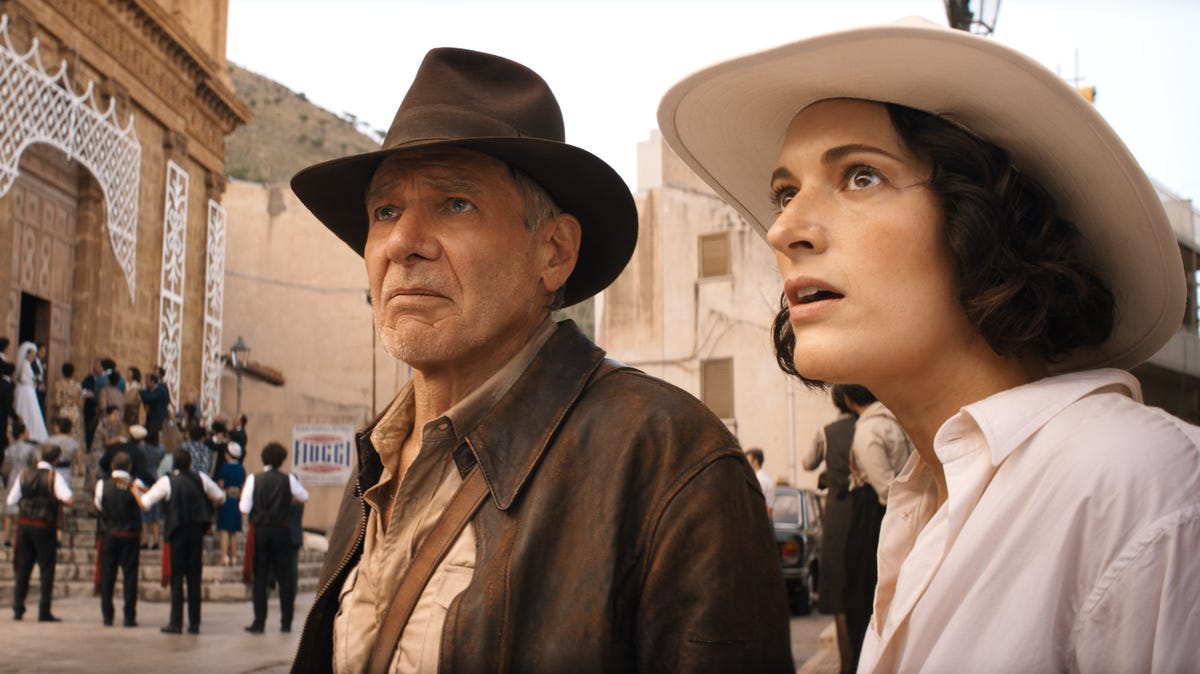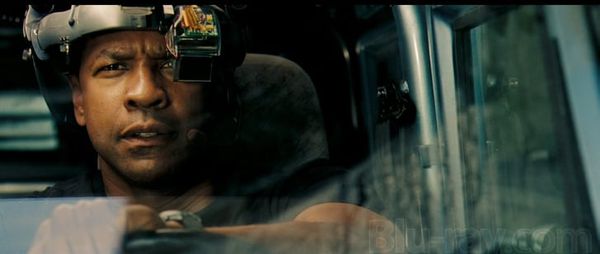Osprey
Registered User
- Feb 18, 2005
- 28,154
- 11,123
The Old Way (2023) - 5/10
A retired gunslinger (Nicolas Cage) and his 11-year-old daughter play cat and mouse with the vengeful son of a man that he killed 20 years ago. Not very original, this B western seems to derive its premise from a combination of Unforgiven and True Grit. Supposedly, it's Cage's first ever western, and it felt like it. He seemed out of place, especially playing a once cold-blooded killer turned father. I get the feeling that the role was written for a different kind of actor, but they couldn't pass when a star like Cage read the script and showed interest. He knows how to pick 'em. The script is filled with inexplicable decisions, mostly by his character, like taking his young daughter with him to track down a ruthless posse and burning down his cabin before leaving. I often just had to laugh and say, "what are you doing?" The dialogue is also often bad, especially Cage's, which I found a little hard to take seriously. Credit to him for accepting a rare sober role and taking it seriously (he even has a scene in which he cries), but my familiarity with all of his crazy roles, combined with the bad dialogue, just made much of what came out of his mouth unintentionally funny. He is contrasted, though, by Ryan Kiera Armstrong as his resourceful daughter and sidekick. She's a likable, well-acted character who's a highlight of the film. Other highlights are the cinematography (partly thanks to being filmed on location in Montana), the sets and the decent production. For a B western, it looks pretty good. Finally, though the script has a lot of problems, the story is simple (a good thing with westerns, I'd argue) and it's paced well. It's a very flawed film, but those things and the fact that many of the flaws were more amusing to me than anything made it watchable. It's on Hulu.
Last edited:












